- 5267
- 8
Sharing Ideas and Updates on LPG in Nigeria and related information to enable effective collaboration within the LPG Value Chain
The Impact Of The Recent Fuel Subsidy On LPG Companies
Nigeria has taken the decisive step of removing the subsidy on petrol. The Nigeria National Petroleum Company (NNPC) Limited officially adjusted its pump price to N537 per litre in Abuja, signifying the end of the subsidy. Similar changes have also been observed in all states in Nigeria. This move by the national oil company brings clarity to fuel prices following the removal of the contentious fuel subsidy, which incurred an annual cost of nearly $10 billion.
NNPC Ltd, the Nigerian National Petroleum Company Limited, has expressed its support for President Bola Tinubu's decision to remove the subsidy on petrol, commonly known as fuel. Mele Kyari, the Group Chief Executive Officer (GCEO) of NNPC Ltd, made this statement during a press briefing at the NNPC Ltd. Towers in Abuja on the night of the 29th following the president's announcement.
Kyari highlighted that the subsidy had been a burden on NNPC's cash flow, and its removal would free up funds to enhance the company's operations. He welcomed this development and emphasized that it would enable NNPC to function more effectively as a commercial entity.
Addressing concerns about queues and scarcity, the GCEO reassured Nigerians of an ample supply of products, particularly petrol. He mentioned that the company had over 30 days of petrol storage and supply, urging the public not to panic or engage in panic buying. Kyari stressed that there was no need for excessive purchases beyond one's immediate needs.
NNPC Ltd supports the removal of subsidy on petrol as a positive step, emphasizing that it would benefit the company and ensure a steady supply of petroleum products.
The removal of the subsidy on petrol in Nigeria can have various effects on energy companies operating in the country. Here are a few potential impacts:
Revenue and profitability: Oil and gas companies, particularly those involved in the refining and distribution of petrol, may experience an initial boost in revenue and profitability. With the removal of the subsidy, companies can adjust their prices to reflect the true cost of petrol production, which may lead to higher profit margins.
Market competition: As demand for LPG increases, competition among LPG companies may intensify. Existing players may need to focus on product quality, pricing strategies, customer service, and expanding their distribution networks to remain competitive. This can lead to both opportunities and challenges for LPG companies as they navigate a more dynamic market landscape.
Price dynamics: The removal of the petrol subsidy may cause petrol prices to rise, which could indirectly impact the prices of other fuels, including LPG. Higher petrol prices may lead to increased production and distribution costs for LPG companies, which can put upward pressure on LPG prices. However, the overall impact on LPG prices will depend on market dynamics, competition, and supply-demand balance.
Market competition: The subsidy removal can also lead to increased competition among oil and gas companies. With the removal of price controls, companies will have more flexibility to set their own prices. This can result in market forces determining the prices, and companies will need to adapt and compete based on factors such as quality, efficiency, and customer service.
Infrastructure development: The increased demand for LPG following the removal of the petrol subsidy may prompt LPG companies and the government to invest in the development of LPG infrastructure. This can include expanding storage facilities, establishing new distribution networks, and enhancing bottling and refilling capacities. Such infrastructure development can support the growth of the LPG industry and improve supply chain efficiency.
Government policies and regulations: The subsidy removal may prompt the government to introduce new policies and regulations to govern the oil and gas sector. This can include measures to promote transparency, fair competition, and sustainable practices. Companies will need to navigate these evolving regulatory frameworks to ensure compliance and maintain their market position.
It's important to note that the specific impact on oil and gas companies will depend on factors such as their size, market position, operational efficiency, and adaptability to the changing subsidy landscape. Additionally, government interventions and market dynamics can influence how the subsidy removal ultimately affects the industry.
8 Comments.
-
-
Emmanuel Joseph
06 June 2023 - 06:15pmLots of pros to this new development for LPG companies,, hopefully it also benefits the nation
Reply -
-
-
Osakunih Konye
06 June 2023 - 02:53pmGod bless our president. We pray he has insight on how to channel this new revenue correctly.
Reply -
-

LPG in Nigeria
04 June 2023 - 10:12pmLPG companies and the government investing in the development of LPG infrastructure, will boost economy diversity
Reply -





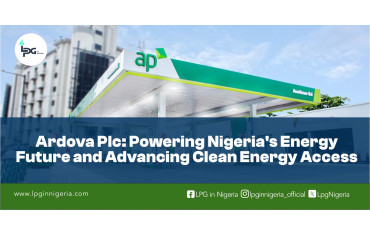
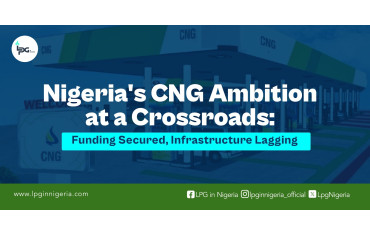
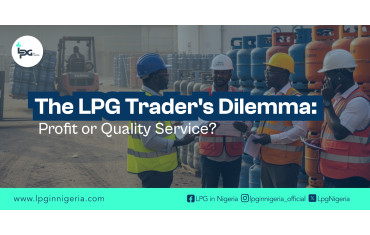

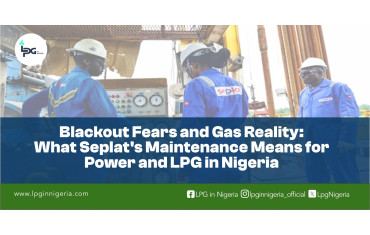
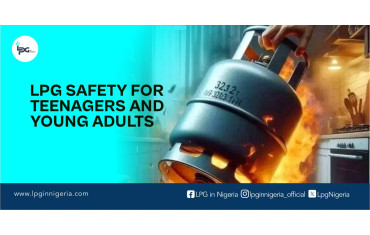





Ore Asher
08 June 2023 - 08:38amThe subsidy removal is driving at improving the economy in the long run
Reply